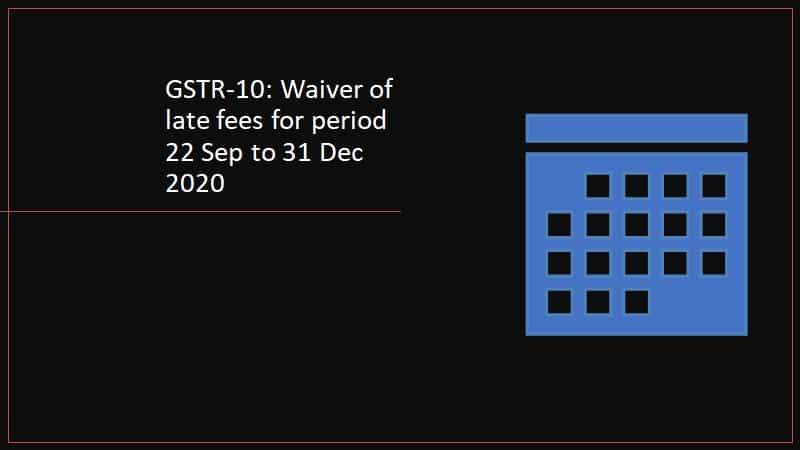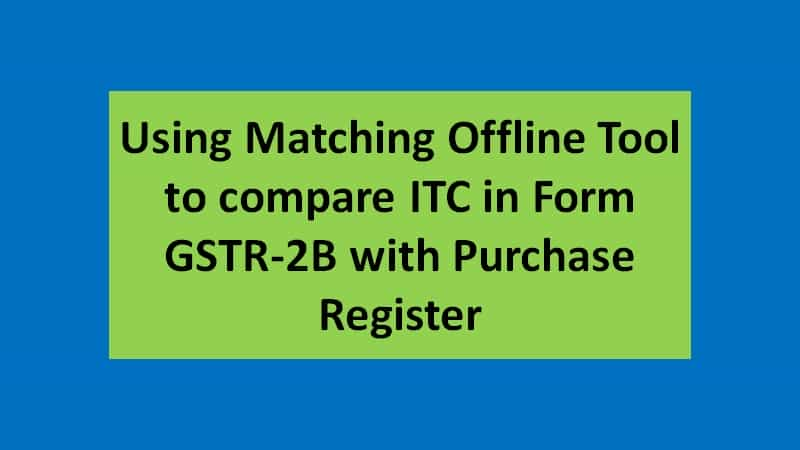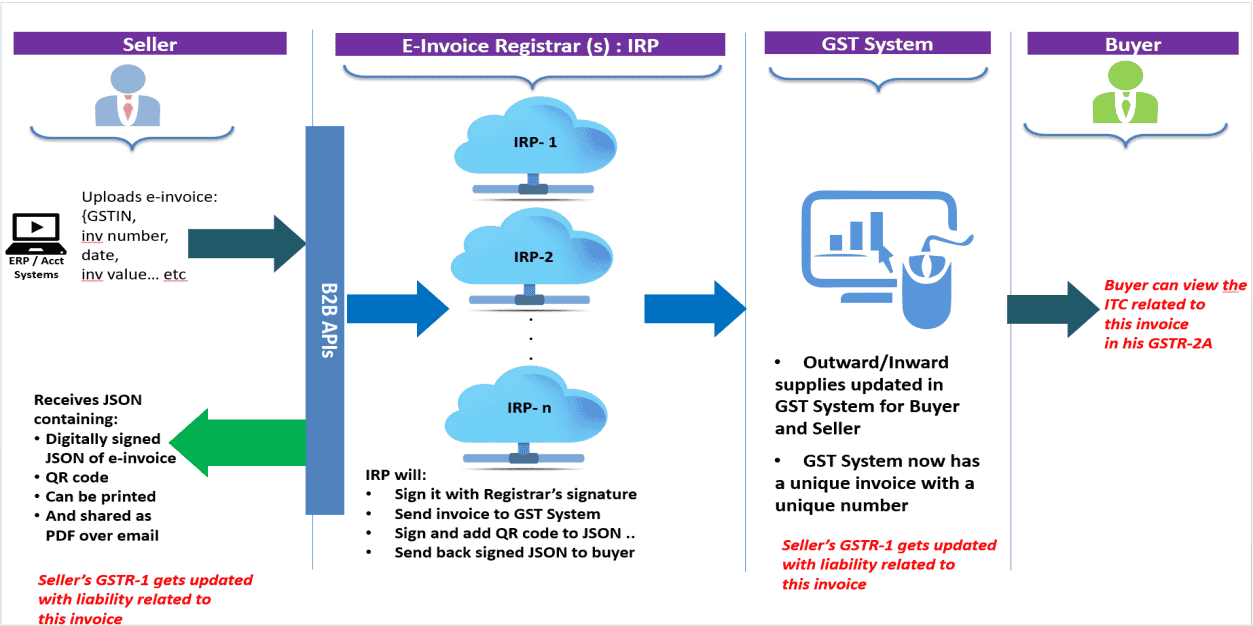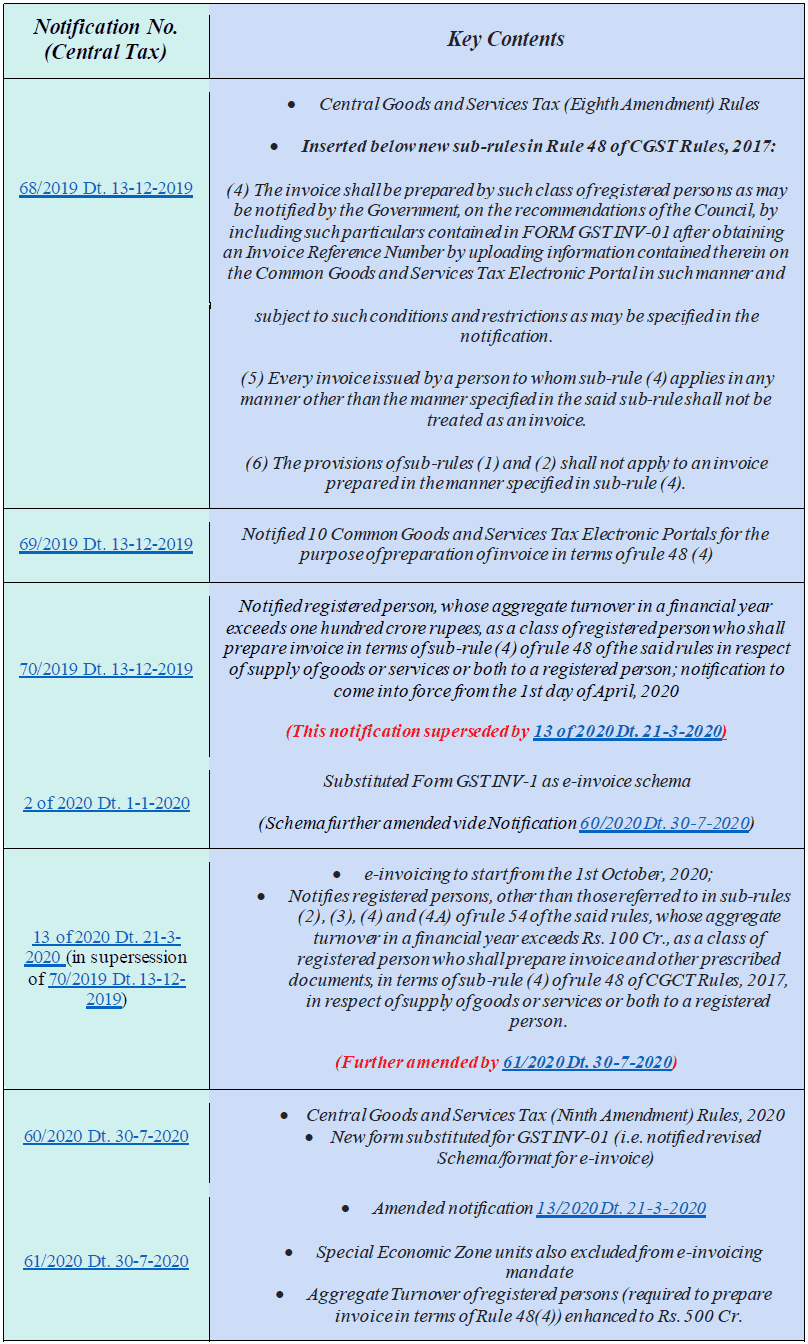All you wanted to know about ESG investing
Balwant Jain
When it comes to investing, as a responsible citizen, one should evaluate our target companies not only based on financial parameters but also on the basis of certain non- financial parameters. For the non-financial parameters, ESG (Environment Empathy, Social Responsibility and corporate governance) can be considered as a good starting point. Here companies are evaluated on the basis of positive and negative contributions they make for the society as a whole. Though the idea of investing on ESG parameter is at a nascent stage in India, but globally this is a well-entrenched concept in the field of investing. Going forward, many believe the younger generation, as a responsible citizen, is likely to play a pivotal role in popularising this concept in India.
What is ESG investing?
Environment Empathy (E): The melting glaciers, rise in average temperature globally have brought before us the pitfalls of global warming. The fast reducing forest cover, major rivers getting polluted, and higher presence of pollutants in air are all examples of ways mankind is neglecting the environment. This has resulted in erratic rainfall, droughts and flooding at the same time in different part of a country. However, all is not lost yet. Measures such as switching to renewable energy, increasing green cover, better waste management and pollution treatment are all ways in which one can protect the environment.
Social Responsibility (S): For running their business, corporates draw raw material and man power from the area in which they operate. While engaging with these resources, it is fair to expect the companies to handle resources in a fair, optimal and in a socially responsible manner. The Companies Act, 2013 mandates spending 2% of net profits towards social responsibility causes. Many Indian corporates have taken up initiatives in protecting the environment, helping the locals by way to providing them with quality education and medical facilities. All of these paves way for an enriching cycle for all the parties involved.
Corporate Governance (G): Corporate governance is all about integrity and honesty of the management. This aspect also has the potential to adversely impact investors’ wealth creation prospects in the long run. Market regulator SEBI has from time to time brought about regulations to be adhered to by listed entities. While some companies comply with the requirements in letter and spirit, there are others which comply only as a matter of compliance. History has time and again shown that strict adherence to good policies result into sustainable growth.
Why ESG criteria matters
Good deeds are rewarded sooner than later. This applies in business and investing as well. If companies follow good practices, it will eventually translate to higher profits by way of brand building and customer patronage.
One of the best examples of a socially responsible company is that of the Tata Group. The recent example is their initiative to provide rooms at Taj Hotel for healthcare staff members who are at the frontlines of the Covid-19 pandemic. Also, their decision to serve food to medical staff at their work place moved me and several others to prefer Tata products over other products. Over the long run, all of these will result in better profits and more importantly brand loyalty.
Any company which follows ESG over the long term is sure to emerge as a sustainable company. That is the reason ESG investing is also known as sustainable investing.
Ways to invest in ESG companies
For a layman, it is very difficult to keep track of these three factors of all the companies listed in India. One can overcome these limitations by investing in an ESG Fund offered by mutual fund houses. Currently there are three schemes in this space – Quantum India ESG Equity Fund, SBI Magnum Equity ESG Fund, Axis ESG Equity Fund. ICICI Prudential is also joining the bandwagon with New Fund Offer opening from September 21, 2020.
The portfolio of an ESG Fund will typically have names from the top 1,000 listed entities. Among these, companies which are engaged in businesses perceived as harmful from a social perspective, such as tobacco, liquor and gambling are dropped. Furthermore, companies which have higher carbon footprint or rely heavily on water such as bottling plants or the ones which pollute air or water are given negative weights or altogether excluded.
For portfolio construction, fund managers tend to rely on SEBI mandated business responsibility report put out by listed companies which contain extensive disclosures about adoption levels of responsible business practices. Apart from this, fund houses have an internal criteria with weights assigned to various aspect on these criteria. Companies with a total score above a certain threshold qualify for investment.
In a nutshell, ESG investing is all about investing ethically for our own financial wellbeing in the long run.
The author is a tax and investments expert and Chief Editor of ApnaPaisa. He can be reached at balwant.jain@apnapaisa.com
Tags: Finance
The post All you wanted to know about ESG investing appeared first on Studycafe.
from Studycafe https://ift.tt/2SplEQ5












